A Defeated People (1946)
Жанр : документальный
Время выполнения : 18М
Директор : Humphrey Jennings
Краткое содержание
A Defeated People is a 1946 British documentary short film made by the Crown Film Unit, directed by Humphrey Jennings and narrated by William Hartnell. The film depicts the shattered state of Germany, both physically and as a society, in the immediate aftermath of World War II. The narration explains what is being done – and what needs to be done – both by the occupying Allied forces and the German people themselves to build a better Germany from the ruins.

An afternoon in the biggest fair of Germany.
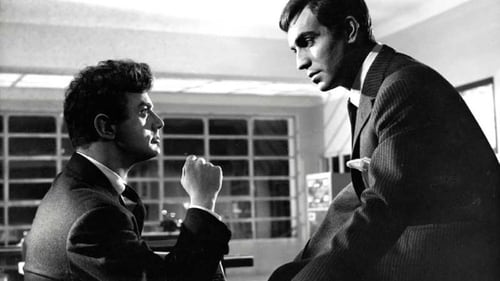
Alfredo is a cheerful party animal, son of a wealthy man. Alfredo's brother, a young very focused and mature boy, and their father try unsuccessfully to change the profligate lifestyle of Alfredo to remedy the dissolute life of the latter, which, by all indications, is clearly gay.

A Jewish family suffers persecution and suffering in the 16th century when they are accused of practicing witchcraft.

Pedro and Julian, two friends entomologists are in love the same woman, Adela, who decides to marry Peter. Julian attends the marriage, but acts against women as her own husband. The passion that unites the two friends, entomology, leads them to conclude a treaty. The woman, however, is not comfortable with the life she has lived and want to abandon them. Discovered that she suffers from the disease, makes men willing to please her in everything, without her knowing the reason for his change of attitude.
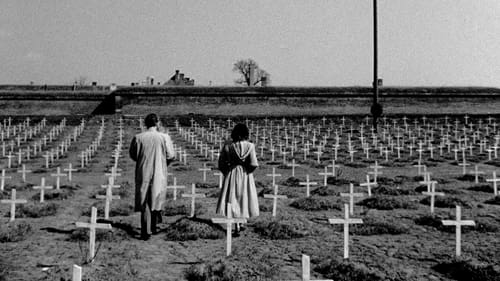
Prague, during World War II. Hana Kaufmann, a Jewish ophthalmologist, marries Dr. Antonín Bureš, a Christian man. When her family is sent to the Theresienstadt concentration camp, their romance turns into a struggle for survival.

Bruno, a young traffic agent of the Spanish Guardia Civil, is abandoned by his wife after having an affair. Bruno, devastated, discovers one night, by chance, a strange passageway that leads him to another level of reality.

Biquefarre is a small farm in Aveyron. The changing economics of farming lead Raoul, in late middle age, to decide to sell and move to Toulouse. At least two neighboring farmers want to buy Biquefarre: Lucien and the young Marcel. Behind the scenes, Henri, whose brother is Marcel's father and who is also Lucien's brother-in-law, negotiates with Raoul so that Marcel's father can secretly sweeten Marcel's offer. Will dad and uncle succeed? In the background is the hard daily work of farming: milking cows, harvesting at night, and finding help when a farmer falls ill. Progress brings challenges: polluted water, factory farms, and skyrocketing land prices.

Antonio and Concha, a couple who are constantly fighting about money, win the Christmas Lottery first prize. Concha, who is very bossy, starts making decisions about how they're going to spend it. But Antonio is fed up with her, he just wants to go to Brazil, lay in the sun, and never see her again. So he starts to plan how to get rid of her...
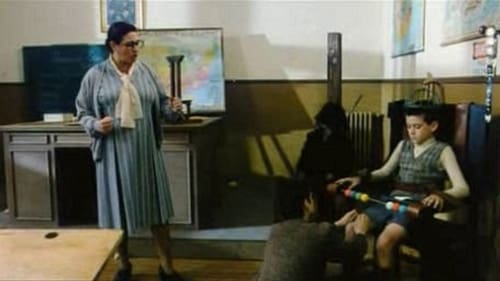
The teacher explains to her students, step by step and with full details and live examples, how are the different types of execution: the electric chair, the garrote, the gallows ..
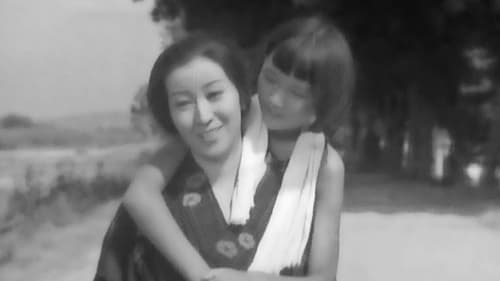
Two young girls, Nobiko and Tomiko, go to the same school. The less fortunate girl Nobiko is one of the top students, while the rich girl Tomiko is not. At one time Tomiko's father was quite fond of Nobuko's mother.
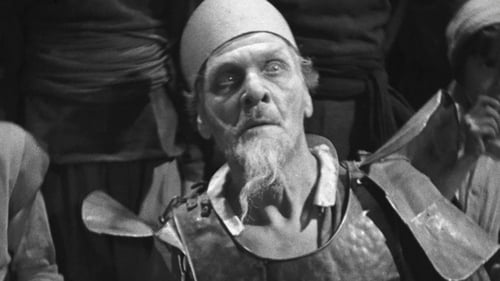
В Испании, ХIV веке, старый идальго по имени Дон Кихот сошел с ума от чтения, поглотив слишком много рыцарских книг. Провозгласив себя рыцарем, он излагает своему оруженосцу, Санчо Панса, идею реформации и возрождения эпохи рыцарства, провозгласив простую девушку своей благородной дамой Дульсинеей, ради которой он готов совершать подвиги… Георг Вильгельм Пабст снимал один и тот же фильм три раза, на трех языках. Данная версия фильма снята на французском языке, две остальных версии сняты на английском и немецком языках (немецкоязычная версия считается утерянной).
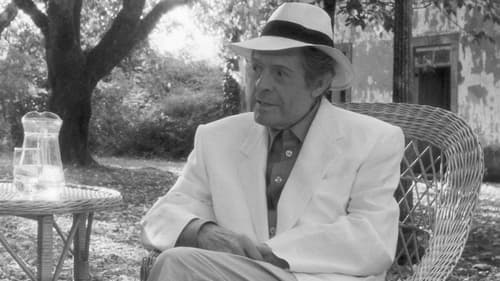
In 1996, Marcello Mastroianni talks about life as an actor. It's an anecdotal and philosophical memoir, moving from topic to topic, fully conscious of a man "of a certain age" looking back. He tells stories about Fellini and De Sica's direction, of using irony in performances, of constantly working (an actor tries to find himself in characters). He's diffident about prizes, celebrates Rome and Paris, salutes Naples and its people. He answers the question, why make bad films; recalls his father and grandfather, carpenters, his mother, deaf in her old age, and his brother, a film editor; he's modest about his looks. In repose, time's swift passage holds Mastroianni inward gaze.

Laura Gemser introduces herself, "It's your old friend Emanuelle again..." to present a sexy mondo film, with her voice-off narration over the different sketches, and reproaching comments between them.

Catherine Racan, a young journalist who always puts her career over her love life, is brought in by the police for questioning. They are looking for a doctor who illegally performs abortions and now they are interrogating all of his previous clients.

A lonely guy, living an uneventful life in Paris, takes care of his mother. One day, a girl with a more exciting life moves in his apartment building.

Стареющий мужчина возвращается к воспоминаниям тридцатилетней давности. Лирическая история о первой любви, смерти и жизненных разочарованиях. Лучший фильм классика чешского кино Отакара Вавры, из снятых им после 1948 года.

Come take an avant-garde walk in the Montparnasse of the late 1920's. This district of Paris, filmed in a most unusual way, shows how dedicated it is to art. Visit its art galleries and exhibitions, take a glimpse of famous painter Fujita, of Luis Buñuel eyeing the legs of beautiful Parisian passing the terrace of the café where he sits, of Italian futurists Marinetti, Prampolini and Russolo.
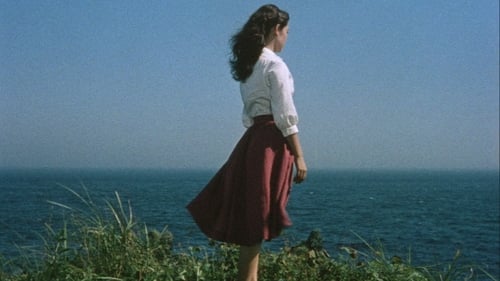
Восемнадцатилетняя Юко должна переехать в Токио к отцу и своей семье, с которой почти не знакома. Драма накаляется, когда бабушка перед смертью признается Юко, что её мать ей не родная. Неудивительно, что в доме родного отца девушку принимают очень холодно.

Award-Winning filmmaker Paul Leduc (Frida, Naturaleza Viva, Reed: Insurgent Mexico, Barroco) directed this gritty musical drama about life in the ghettos of Mexico City during the 1980s. With a soundtrack of Mexican rock music, the camera takes the viewer through the streets, to rock concerts, and to the bars and clubs, where he exposes the hunger, repression, unhealthy conditions and violence in the marginal communities of Mexico's capital city.

An educational film, a movie through a microscope, in two parts. Within minutes after the egg drops in the water, fertilization occurs and contractions start. Soon, in a fertilized egg, we see the germinal disc divide into two blastomeres. Divisions continue; contractions re-occur at the cap as it covers the egg. Title cards in French tell us what to watch for. Muscular movements and circulation appear; the heart beats. In part two, we see blood circulation begin as red cells develop on the surface of the yoke. They mass toward the heart. Arteries form, blood flows. The egg hatches and blood flows to new areas.










